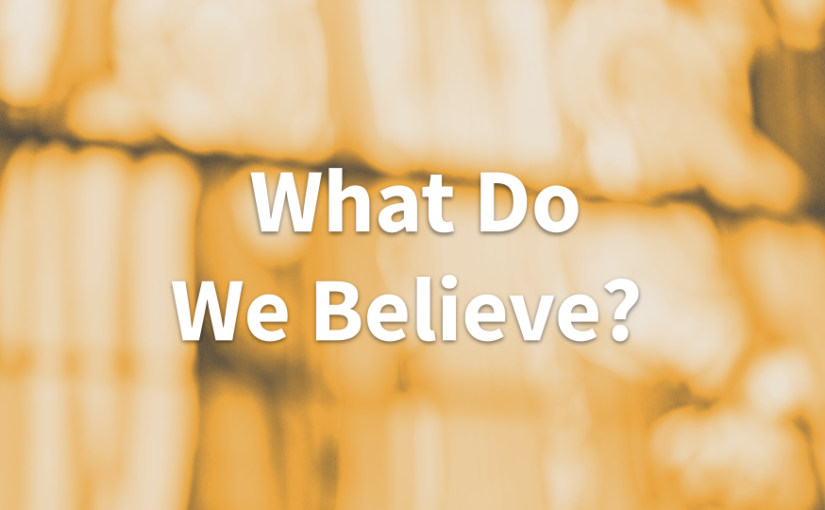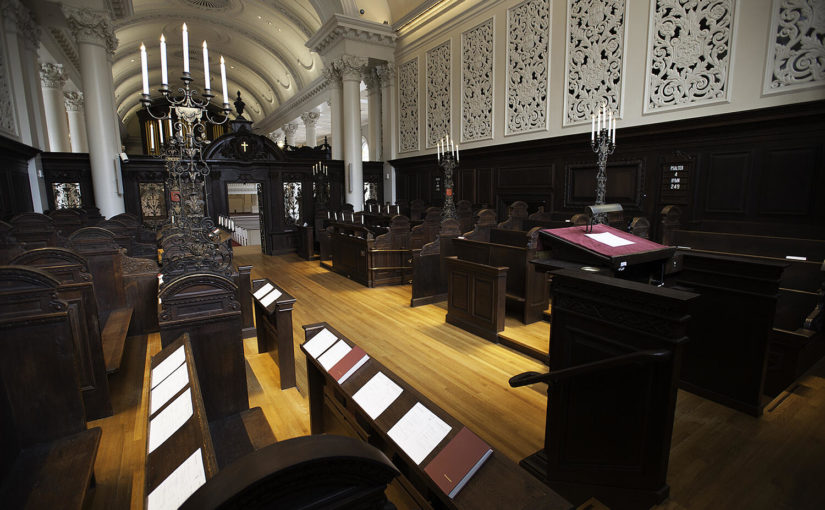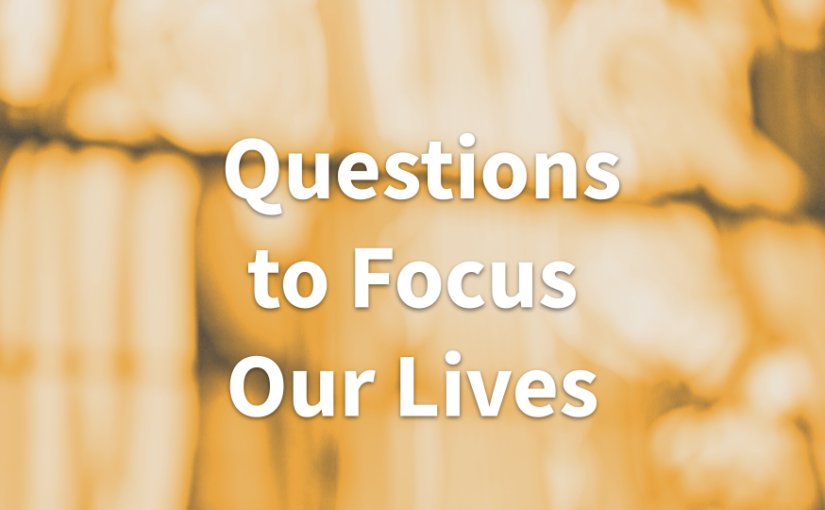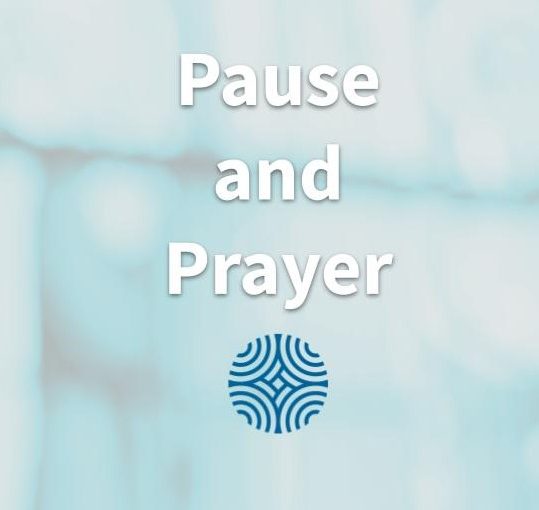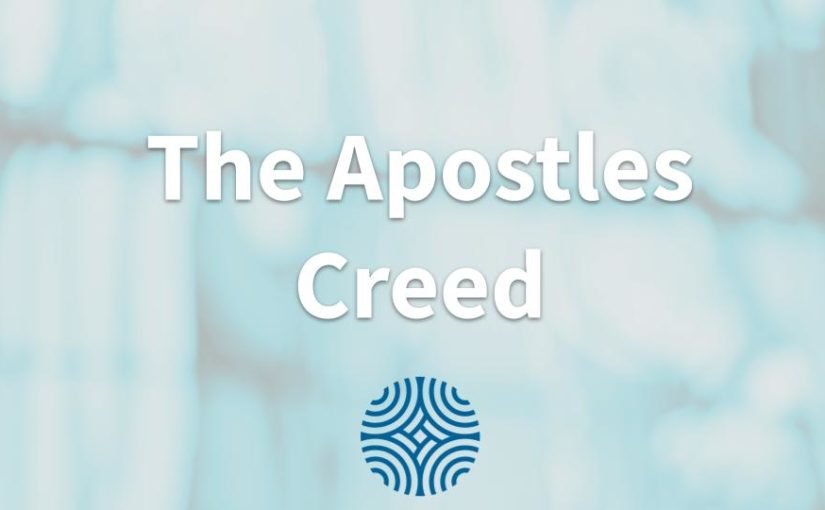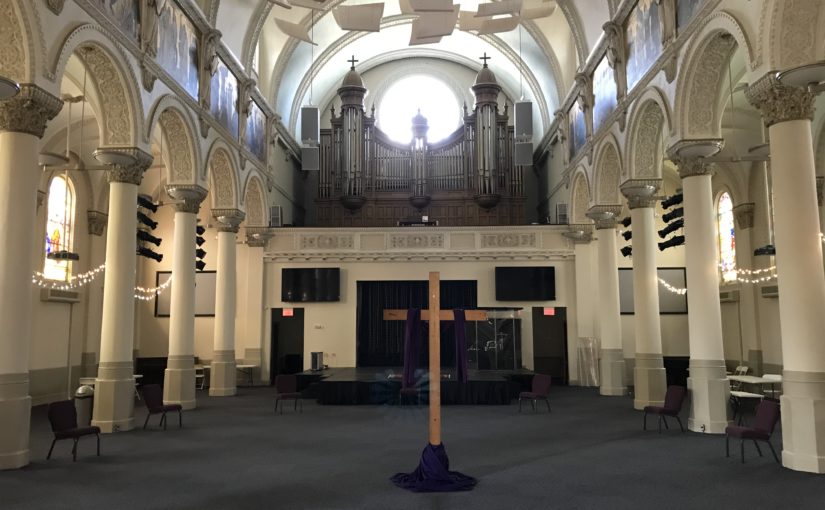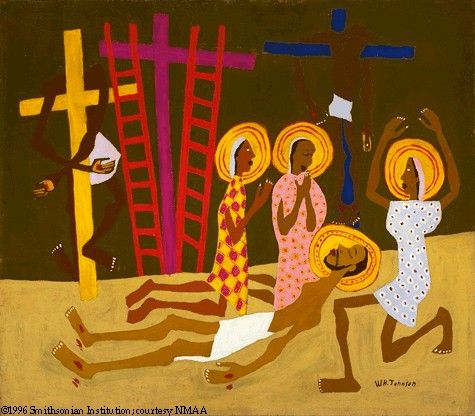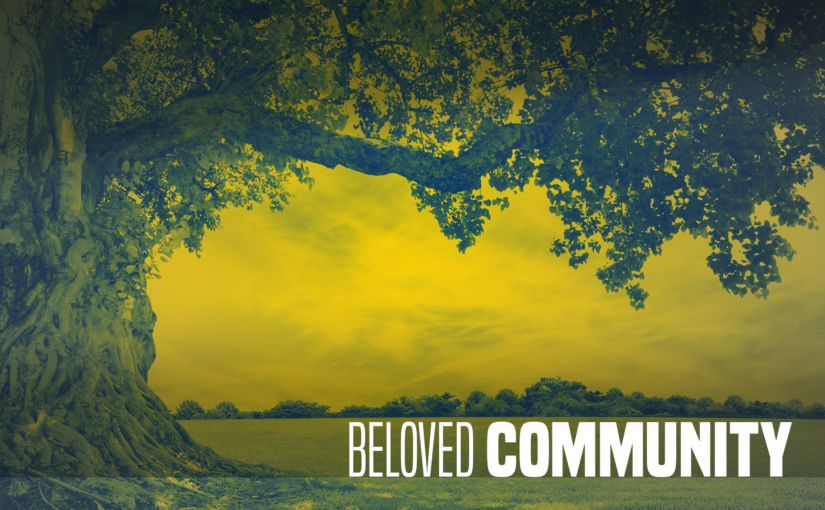I gave this talk on Tuesday, November 2nd, at Harvard’s Memorial Chapel morning prayers. It’s a Christian-hosted interfaith environment with a very short message. A few people asked if I would share. You’ll find the talk below and a recording will be available here.
“What We Can Learn From the Trees”
When I was a child, my favorite tree was the fast growing maple behind our house. It had been planted to celebrate the birth of one of my brothers. By the time I was a teenager, it towered over the center of our yard, where we could sit under its shade and I could climb up high to escape whatever boredom or tensions lay below.
That tree is gone now. It had fallen ill and was removed by the next owners of the property. I have a different favorite tree now, a big old oak tree atop Corey Hill, across the river from here, where Brighton and Brookline meet. Sometimes, when I need to rest or think, I sit under it or climb up into the crook made by its long bottommost branch and lean into its old, rough strength.
This time of year, the trees of New England are not just some of the older living things we can see, they are some of the most beautiful as well. And my hope today is to encourage you to look at and touch and even learn from the trees you see. I share this advice in imitation of my teacher and guide, Jesus of Nazareth, who spoke often of trees and flowers and the rest of the natural world as our teacher. Today’s reading from the gospel of Luke:
Luke 12:22-34, excerpts (New Revised Standard Version)
22 (Jesus) said to his disciples, “Therefore I tell you, do not worry about your life, what you will eat, or about your body, what you will wear.
23 For life is more than food, and the body more than clothing. …
27 Consider the lilies, how they grow: they neither toil nor spin; yet I tell you, even Solomon in all his glory was not clothed like one of these. …
32 “Do not be afraid, little flock, for it is your Father’s good pleasure to give you the kingdom.
33 Sell your possessions, and give alms. Make purses for yourselves that do not wear out, an unfailing treasure in heaven, where no thief comes near and no moth destroys.
34 For where your treasure is, there your heart will be also.
Jesus gives us a teaching of contrasts – two beauties, two ways of living, two kingdoms, two treasures – all wisdom we can receive through looking at the lilies – if it’s springtime in Galilee or, in New England in the fall, through considering the trees.
Trees are more beautiful than most anything we can make from them. Even Solomon in all his glory, which was likely an indirect way of referring to the temple of Jerusalem, its first version built by Solomon. The most extraordinary human-built structure Jesus and his followers had ever seen can not compare to the beauty of the lilies.
You can not improve on what God has made. This is true of trees, and it’s true of people too. You can not improve upon the beautiful human God has made you. No toiling, no spinning, no surgery or skin care or achievements or fortune can fundamentally improve upon the glory of who God made you. Look at a beautiful tree today, friends, and ask God for the insight to see that extraordinary beauty of all God has made, yourself included.
Two, trees don’t know how to worry. And it’s not because they don’t know things. Trees know how to share resources with one another, to communicate in response to threats, but they don’t know how to worry. It took a lot of evolution to make us fear and worry the way we do. That has a few benefits, but an awful lot of misery that comes with it too. Look at the trees, take a deep breath, and perhaps ask God to let go of the worries you don’t need to carry.
Three, trees grow and flourish and produce. They make shade and habitats and oxygen and food. But they do not strive. They have no self-improvement projects. They are in a sense satisfied with who and what they are and with their capacity to bless the earth with their gifts. The trees, Jesus says, point us less to a capitalist vision of kingdom and more to a natural one, toward an economy of sharing and abundance, toward a sustainable vision of contentment and generosity.
Jesus’ vision of the Kingdom of God, what my community of Reservoir Church likes to simply call the Beloved Community, is a vision of life with God and neighbor and earth in which we hope and trust that God is a loving a parent who is kindly with us always; in which we can let go of our lusts and longings to always have more, more, more; and in which the great treasure of our lives can be in the non-competitive giving and receiving of generous love.
Look at the trees, friends, take a deep breath, and ask God to learn the contentment, the enough-ness, the loving generosity that they embody, and ask for the wisdom to make that ours as well.
Pray with me please.
God of the vision of Beloved Community,
We ask for the wisdom of the trees,
That we can see and preserve the beauty of what you have made,
That we can be freed from our anxieties.
And that we can embrace more peaceful, contented, generous lives.
In the name of all this is holy, which for me is both Jesus and the trees,
Amen.


